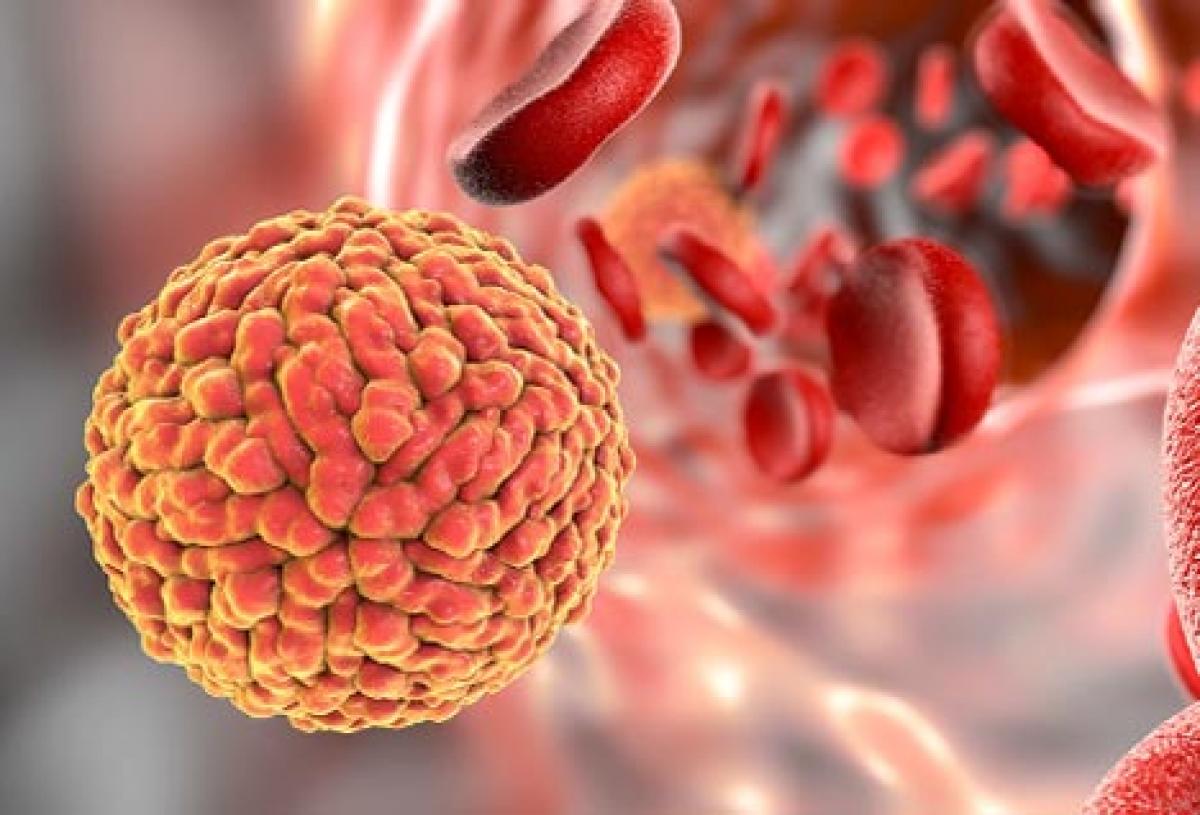Live
- Babil Khan’s ‘Log Out’ to premiere at Mar del Plata International Film Festival
- Tamannaah relishes Lucknow’s famous ‘Malai Makhan’ during film promotions
- Suresh Raina applauds ‘Vijay 69,’ calls it Anupam Kher’s finest performance
- Congress Clinches Landmark Victory in Shiggaavi By-Elections
- Vidhu Vinod Chopra embraces realism
- Maharashtra election result reflects people's trust in PM Modi: Chandrababu Naidu
- Maharashtra has rejected Rahul Gandhi & Congress: Tamilisai Soundararajan
- Roads blocked with containers, army called in as Pakistan seals capital Islamabad ahead of PTI protest
- ISL 2024-25: NorthEast United forward Alaaeddine Ajaraie named Player of the Month
- MahaYuti’s landslide win a major boost to make Maharashtra a $1 trillion economy









